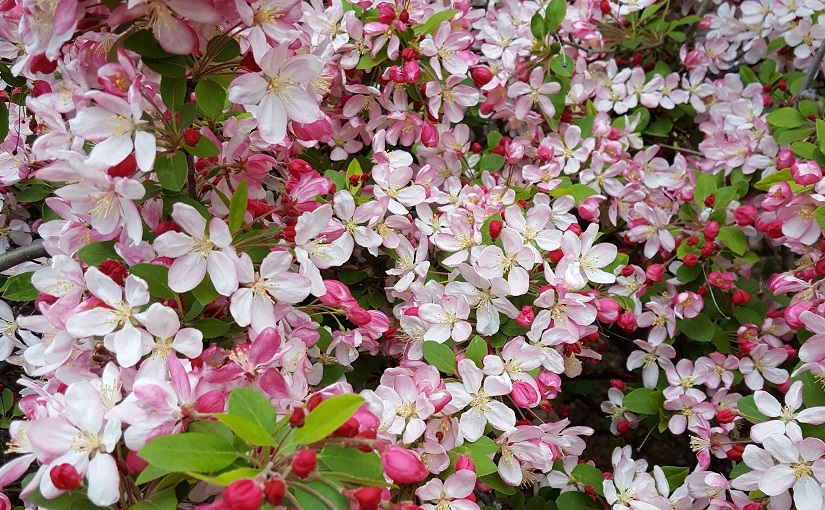Having talked at times here about how thought lines up with realities (Notes One), I’m still finding it interesting to contemplate how exactly our ideas might find their way to changing how things are.
The topic of affecting change, of bringing improvement to our lives together, seems such a huge preoccupation of our times (Notes Two). And rightly so. Modern life’s bringing new awareness to all the ways we’ve impacted one another over the years; alongside which, new ways of living are simultaneously creating further impacts we’re still getting our heads around.
Understanding what’s happening and why, grasping both the intentions behind things and the realities being created, seeing the bigger picture then somehow making sense of it, all of this becomes incredibly hard once dialled up to a frenetic global pace. If you manage it, the question of how best to respond takes things to another level yet again (Notes Three).
And, with all that, it just seems to me that we live in a flawed reality that’s arisen from originally quite fine intentions. Perhaps any society tends to arise from its best understanding? Those central principles and values that are working themselves out within our common space of agreement, history, commitment, and coordinated activity.
Following that thread, where do we end up? Once ideas have become social forms, once they’ve been peopled by our lives, once that’s picked up speed and scope with the aid of technological advancement, where do we find ourselves? If the ideas were perfect, presumably they’d be able to withstand the challenges that came through those global advancements and the forces they’ve unleashed. But whose ideas are that perfect?
In that light, it seems life must almost become a place of constant adjustment as we bring the unknown to light and offer it release. I mean, life’s surely a process of misunderstandings or imperfections being brought to light? A path of growth or progress. A journey toward greater understanding of what it is to be human and how we might best accommodate that personally, socially or environmentally.
If we’re not open to changing our views as our understanding expands, presumably we’ll be forever fighting against reality? In terms of our attitudes toward others or with regard to impacts our actions are having systemically on humans or within nature, at times it seems we’re pretty slow to change our minds. As if we’re passing on rigid rules and expectations rather than a living understanding that can bend or grow over time.
Why is it we’re reluctant to re-evaluate inherited patterns of behaviour? It doesn’t seem we really have an evolving model of thought; one that can adjust along with the revelations of reality to correct its course in achieving or reworking those original principles of society. This sense in which we need to know what we’re doing, so that we can work with it in a living way and bring it into our understanding of others (Notes Four).
Perhaps greater understanding would bring greater flexibility?
Notes and References:
Note 1: Thoughts on art & on life
Note 1: What is real?
Note 1: David Bohm, thoughts on life
Note 2: How things change
Note 2: Dealing with imperfection
Note 3: Common knowledge
Note 3: All that’s going on around us
Note 3: Dystopia as a powerful ideal
Note 3: Does anything exist in isolation?
Note 3: What holds it all together
Note 4: Conversation as revelation
Note 4: Seeing, knowing and loving
Looking at these questions in different ways, there’s Things change, over time and “Women who run with the wolves”.










